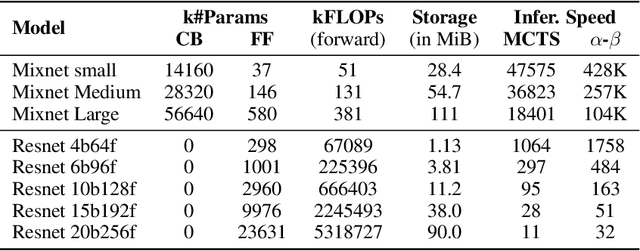Haobin Duan
CUPID: Pose-Grounded Generative 3D Reconstruction from a Single Image
Oct 23, 2025Abstract:This work proposes a new generation-based 3D reconstruction method, named Cupid, that accurately infers the camera pose, 3D shape, and texture of an object from a single 2D image. Cupid casts 3D reconstruction as a conditional sampling process from a learned distribution of 3D objects, and it jointly generates voxels and pixel-voxel correspondences, enabling robust pose and shape estimation under a unified generative framework. By representing both input camera poses and 3D shape as a distribution in a shared 3D latent space, Cupid adopts a two-stage flow matching pipeline: (1) a coarse stage that produces initial 3D geometry with associated 2D projections for pose recovery; and (2) a refinement stage that integrates pose-aligned image features to enhance structural fidelity and appearance details. Extensive experiments demonstrate Cupid outperforms leading 3D reconstruction methods with an over 3 dB PSNR gain and an over 10% Chamfer Distance reduction, while matching monocular estimators on pose accuracy and delivering superior visual fidelity over baseline 3D generative models. For an immersive view of the 3D results generated by Cupid, please visit cupid3d.github.io.
Rapfi: Distilling Efficient Neural Network for the Game of Gomoku
Mar 17, 2025



Abstract:Games have played a pivotal role in advancing artificial intelligence, with AI agents using sophisticated techniques to compete. Despite the success of neural network based game AIs, their performance often requires significant computational resources. In this paper, we present Rapfi, an efficient Gomoku agent that outperforms CNN-based agents in limited computation environments. Rapfi leverages a compact neural network with a pattern-based codebook distilled from CNNs, and an incremental update scheme that minimizes computation when input changes are minor. This new network uses computation that is orders of magnitude less to reach a similar accuracy of much larger neural networks such as Resnet. Thanks to our incremental update scheme, depth-first search methods such as the alpha-beta search can be significantly accelerated. With a carefully tuned evaluation and search, Rapfi reached strength surpassing Katagomo, the strongest open-source Gomoku AI based on AlphaZero's algorithm, under limited computational resources where accelerators like GPUs are absent. Rapfi ranked first among 520 Gomoku agents on Botzone and won the championship in GomoCup 2024.
 Add to Chrome
Add to Chrome Add to Firefox
Add to Firefox Add to Edge
Add to Edge